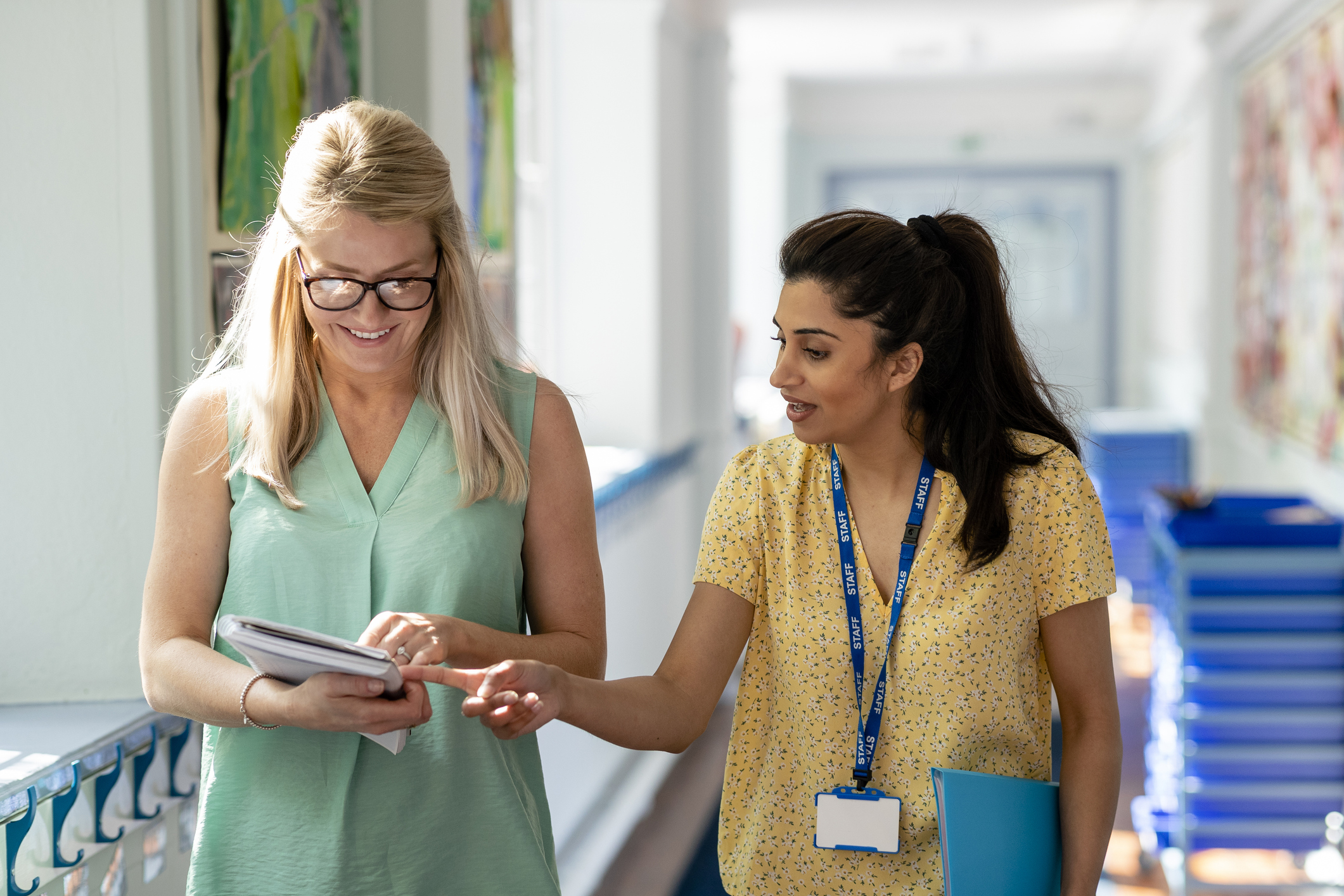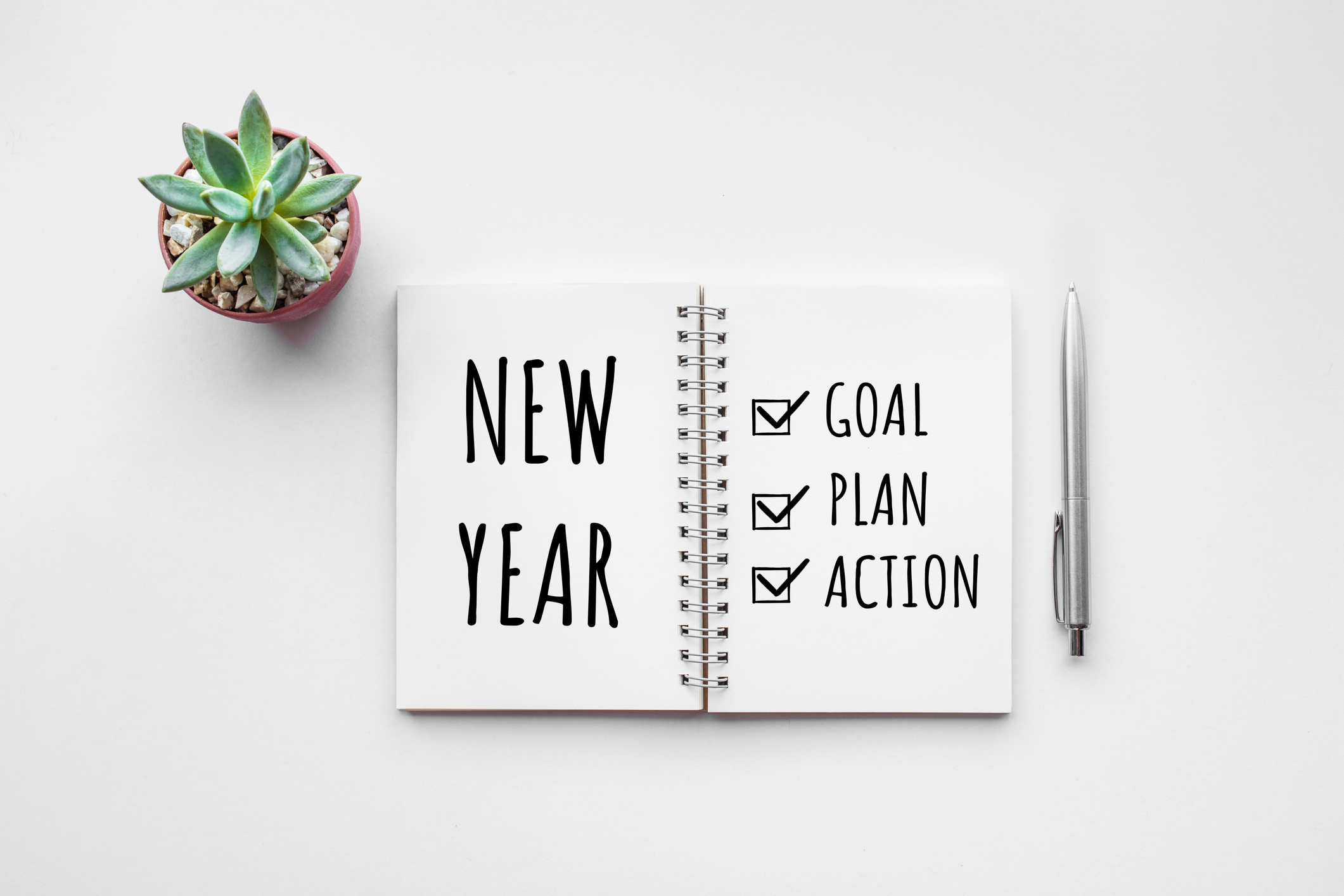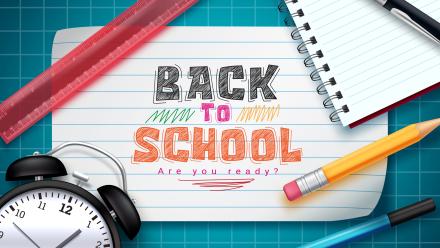Lesson Learned (i.e. things no one told me)
Let’s face it, modern-day teaching is a challenge that must be met with planning and tons of patience, coupled with the need for literacy rich lessons, and you have the world’s most challenging job. New teachers not only have to learn what they are teaching, but they also must navigate what school looks like when you are not the student. Experienced teachers struggle too. I have challenges keeping my head in the game and staying laser-focused on the most important thing…getting my students to read and write proficiently as fast as possible.
Teaching the essential skills of literacy to my students, or my kids, as you will often hear me say, are what get me up at 5:00 a.m. When my head hits the pillow at night, I replay conversations with students, rework lessons, and think about the big picture. At times, it can all be very taxing. Any profession can consume you, but as teachers we must center our thoughts back on our kids and keep their brains continually engaged.
How do successful teachers create thoughtful content-rich material while infusing literacy? My answer is always: plan, teach, and reflect on your process. If you are new to teaching or you just need a refresh on your teaching structure, here are a few easy steps to take to get the ball rolling! Let’s gear up for a great year together.
Make Your Map
Every good journey starts with some planning. It is essential to map or plan two weeks out. No, you don’t need a fancy planner; mine are on good ol’ sticky notes, white boards, text messages, or scribbled in my Rocketbook mini. In the end, how you plan is not as important as what and when you plan.
When planning, the single most important question is what literacy skills do I want my students to know and understand after I finish the lesson? Once you have this, you can make your map! For example, a history teacher could begin their map with, “I want my students to learn about Westward Expansion and write a sentence with correct capitalization and punctuation.” As a high school teacher, using correct capitalization and punctuation are target areas for many students during the first week or month of school.
Our main focus is to get students back into instructional routines as quickly as possible, so it is best to think of literacy learning as part of your daily job. Not one that will be done once a week or month. By creating a quick map of where you are going, you are more likely to achieve your goal.


Plan for a Rainy Day
I know it may sound unreasonable to spend your valuable time creating emergency plans, but let’s be honest, they will likely be used at some point this year. I argue that having plans will ease the worry of “having to miss school.” Emergency plans are an excellent place to start making a basic plan for how you would like your classroom to function. It helps you envision a typical day. Once you have that, don’t overthink it. You can simply allow students to complete the same type of activity each day you are out. No need to worry about pacing. Simple is always better. It is easier for the substitute and for your kids. Always create more tasks than you think can be completed in a day, as I have found students complete their work faster with a substitute. Once you have five days of plans, put them all together in a binder with any necessary copies and place it somewhere prominent in your room, so you can direct someone to locate your plans in an emergency.
Are you wondering where to get some awesome, easily accessible literacy ideas? We’ve got you covered! Here are some literacy-rich activities to use in any content area emergency lesson plans:
Find A Star
Last, but certainly not least, my favorite ‘start the year off right’ tip is to find teacher, a star teacher, who utilizes content literacy strategies in their classroom. One of the things that keeps me going is surrounding myself with positive teachers. Grab your coffee and sit back for some amazing collaborating! You can find the content literacy experts in your realm or other areas. Branching out is always good because you can grab ideas from other departments or grade levels! Seek out the teachers in your building who will push you in the right direction. Hang out with teachers who are helpers and want to be helpful. This is a crucial part of survival. Having a support system is what has kept me in the business of teaching now for 24 years. Positive people make a difference. Find them and stick to them like glue. Also, give them the location of your emergency plans.

Putting Your Plan in Place

It is critical to get your students back in the game quickly. This means literacy learning needs to happen immediately. By setting the tone early, your students will understand, in addition to learning content, they will also learn how to read and write in your domain. English teachers cannot teach students how to write up a lab report or put into words how to solve for X. No, this is the job of the content teacher, and it is a very important skill that only you can teach! How do you establish a literacy focus ASAP? It is important to keep it simple.
1. Gather a Writing Sample
It is super important to find out your students’ strengths and weaknesses early on. I like to collect a writing sample the very first day I teach students. I always preface the writing by telling them that this is not graded, we will simply use this writing to see how much you have improved by the end of our school year.
The process to collect a writing sample is easy. I typically give students lined paper and allow them to write about themselves for 15 minutes. You are not grading these initial samples, rather you are reading them to see if your students can write for understanding, use correct mechanics (e.g. commas, periods, etc.), and to evaluate their handwriting. Can you read it? Do they float their writing in the middle to make their writing appear longer? All of these are good little nuggets of information that should inform your future literacy skill targets.
2. One Paragraph
Find a quick article from a reputable site to read and discuss. A few of my favorite free sites that offer easily digestible articles include www.tweentribune.org, www.newsela.org, and www.commonlit.org. Tweentribune and Commonlit will even allow you to find topics in your curricular area.
Find a short article to read because students have likely not been reading educational text over the summer; you will need to ease them back into the proverbial learning water. This gives your kids a moment to sink back into school. Make the topic fun. I find students like to read and discuss technology, games, and travel. Any of these should get the discussion rolling. You can use this time to see who is extroverted or introverted, who is a quick thinker or a long thinker, and it is especially good to figure out who can comprehend and those who will need help when readings become more text heavy. This one single paragraph will help you read the room of students in your first days.
3. Student Survey
This is one of the most important pieces of information to collect from your students. I have been guilty of creating a huge document that my kids would take way too long to finish. It really doesn’t need to be so painful. In recent years, my students have completed an online form to get my data back quickly. If that’s not an option, have no fear, paper is always near! What questions should you ask? Here are my top five in no particular order:
- What was the last book you read? Did you like it?
- Do you read for fun? If so, what do you read?
- Name someone you know who is a good reader? What makes them good?
- Do you have access to books? (at home, public library, bookstore)
- How do you feel about reading on a scale of one to five; five being great?

